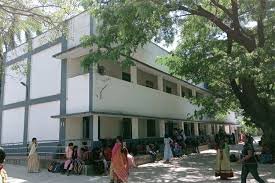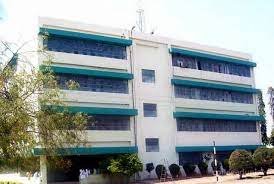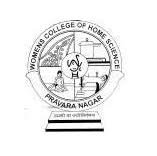Discover the extensive future scope and benefits of a Bachelor of Science (B.Sc.) in Food Sciences, as you unlock opportunities in food technology, product development, nutrition consulting, and more.
Future Scope & Benefits for Bachelor of Science (B.Sc.) Food Sciences Course
A Bachelor of Science (B.Sc.) in Food Sciences is an undergraduate program that focuses on the study of food, its composition, safety, and the processes involved in its production and preservation. This degree equips students with the knowledge and skills needed to work in various sectors of the food industry, including food production, quality assurance, research and development, and regulatory compliance. In this article, we will explore the future scope and benefits of pursuing a B.Sc. in Food Sciences. B.Sc. in Food Sciences is typically a three to four-year program that covers a wide range of subjects related to food, nutrition, chemistry, microbiology, and food engineering. The curriculum includes courses in food chemistry, food microbiology, food processing, food safety, and quality control. Students also gain practical experience through laboratory work, internships, and food product development projects.
B.Sc. in Food Sciences Future Scope
The field of food sciences offers a multitude of career opportunities, and B.Sc. in Food Sciences graduates can find themselves in demand in various sectors of the food industry and beyond. Here are key areas where B.Sc. in Food Sciences graduates can make significant contributions.
-
Food Production and Manufacturing: Graduates can work in food production and manufacturing facilities, overseeing processes to ensure the safe and efficient production of food products.
-
Quality Assurance and Control: Opportunities exist in quality assurance and control roles, where professionals monitor and evaluate the quality of food products, ingredients, and production processes.
-
Food Safety and Compliance: Graduates can pursue careers in food safety and regulatory compliance, ensuring that food products meet industry standards and government regulations.
-
Research and Development: Research and development positions involve creating new food products, improving existing ones, and conducting studies to enhance food quality and safety.
-
Food Packaging and Technology: Graduates can work in food packaging and technology, focusing on innovative packaging solutions that extend the shelf life and freshness of food products.
-
Nutrition and Dietetics: Some graduates choose to pursue further education and become registered dietitians or nutritionists, providing dietary guidance to individuals and communities.
-
Food Analysis and Testing: Opportunities exist in laboratories and food testing facilities, where professionals analyze food samples for quality, safety, and nutritional content.
-
Product Development and Sensory Evaluation: Graduates can specialize in product development, creating new flavours, textures, and formulations, and conducting sensory evaluations to assess consumer preferences.
-
Food Marketing and Sales: The food industry requires marketing and sales professionals to promote and distribute food products to consumers, retailers, and restaurants.
-
Consulting and Entrepreneurship: Some individuals choose to work as food science consultants or start their own food-related businesses, offering expertise in food safety, quality, and product development.
Benefits of Pursuing a B.Sc. in Food Sciences
Pursuing a B.Sc. in Food Sciences offers numerous benefits, making it an appealing choice for individuals interested in the science and technology of food. Here are some of the key advantages.
-
Critical Role in Food Safety: Food scientists play a critical role in ensuring the safety and quality of the food supply, contributing to public health and well-being.
-
Diverse Career Opportunities: Graduates have diverse career options in food production, research, quality control, nutrition, and more, allowing them to pursue their specific interests.
-
Global Relevance: Food science skills are globally relevant, enabling graduates to work in various countries and address global food challenges, including food security and sustainability.
-
Continuous Learning: The field of food sciences is continually evolving, offering opportunities for continuous learning and professional development.
-
Problem Solving: Food scientists are often tasked with solving complex problems related to food production, safety, and quality, which can be intellectually rewarding.
-
Innovation and Creativity: Graduates have the opportunity to innovate and create new food products that meet consumer demands and preferences.
-
Job Stability: The food industry is a stable and resilient sector, providing job stability even during economic fluctuations.
-
Contribution to Health: Professionals in food sciences contribute to public health by developing nutritious and safe food products and promoting healthy eating habits.
 3 Years
3 Years
 Under Graduate
Under Graduate
 Science
Science
 Full Time
Full Time













 back
back

